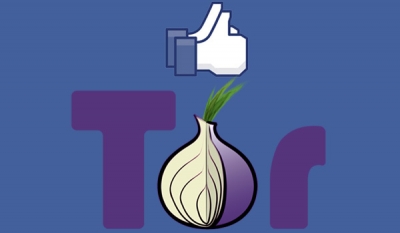The social network has programmed the site to accept browsers using the anonymity service despite previously having the site register requests with masked or questionable IP addresses as compromised accounts.
The move will open the site to those in China, Iran, North Korea and other countries which have blocked the social network, which now has the same number of registered accounts as China has people.
Facebook said in a statement: “It’s important to us at Facebook to provide methods for people to use our site securely. People connect to Facebook in many different ways, which is why we have implemented HTTPS across our service, and Perfect Forward Secrecy, HSTS, and other technologies which help give people more confidence that they are connected securely to Facebook.
“Tor challenges some assumptions of Facebook's security mechanisms - for example its design means that from the perspective of our systems a person who appears to be connecting from Australia at one moment may the next appear to be in Sweden or Canada. In other contexts such behaviour might suggest that a hacked account is being accessed through a “botnet”, but for Tor this is normal.”
It added: “Considerations like these have not always been reflected in Facebook's security infrastructure, which has sometimes led to unnecessary hurdles for people who connect to Facebook using Tor. To make their experience more consistent with our goals of accessibility and security, we have begun an experiment which makes Facebook available directly over Tor network.”
Earlier this year, Andrew Lewman, the head of the ‘dark web’ anonymity router ‘Tor’ claimed that its programmers received sophisticated bug reports from agents within the NSA and GCHQ, in order to keep the service functioning.






















